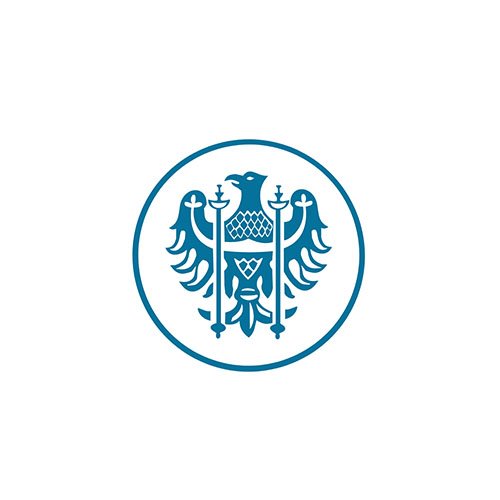University of Wrocław, Poland: Your Golden Gateway to the Heart of Europe
The University of Wrocław (UWr) is one of the oldest and most prestigious universities in Central Europe, The university was founded in the city of Wrocław, known as the “Venice of Poland,” combining the charm of historic architecture with state-of-the-art research laboratories. with a history spanning more than 300 years. It is not just an academic institution, but a factory of minds that have changed the world 9 Nobel Prize winners have graduated from this university.
Does your current GPA guarantee you a place at this prestigious university? No need to guess. Send your certificate now on WhatsApp, and we will evaluate your profile and inform you of your acceptance chances for free within minutes. Contact us now.
Why Choose the University of Wrocław?
-
Global ranking: Consistently ranked among the top universities in Poland and Europe (QS World University Rankings).
-
Wide range of programs: More than 12 faculties covering sciences, law, humanities, and technology.
-
Affordable living costs: Wrocław is significantly cheaper than European capitals such as Paris or Berlin, despite its high quality of life.
-
International environment: Home to thousands of international students, creating a culturally diverse atmosphere.
Special Discount for Emisa Students: When you open your file with us, you will receive full support in visa procedures, document translation, and housing searches, in addition to exclusive discounts on our consulting services for this season.
Language of Study and Preparatory Year
The university offers a wide selection of programs taught in English, as well as intensive Polish language courses for those who wish to learn it.
Prefer to study in English? Check with us first to confirm whether your chosen program is available 100% in English at this university before paying any fees. We will also help you obtain the required language certificate. Contact us now.
Application and Visa for International Students
As Poland is part of the Schengen Area, obtaining admission to the University of Wrocław is your first step toward securing a European visa that allows travel across the continent.
European universities require very strong motivation letters and professional CVs. Don’t apply alone and risk rejection or losing your visa fees. Let Emisa experts prepare a professional application file that maximizes your chances of acceptance.
Start Your Journey Now
Your future begins with the right step and a well-informed decision. The University of Wrocław is where history meets the future.
More than 20,000 students have trusted Emisa be the next one.


 العربية
العربية Türkçe
Türkçe


Reviews
There are no reviews yet.